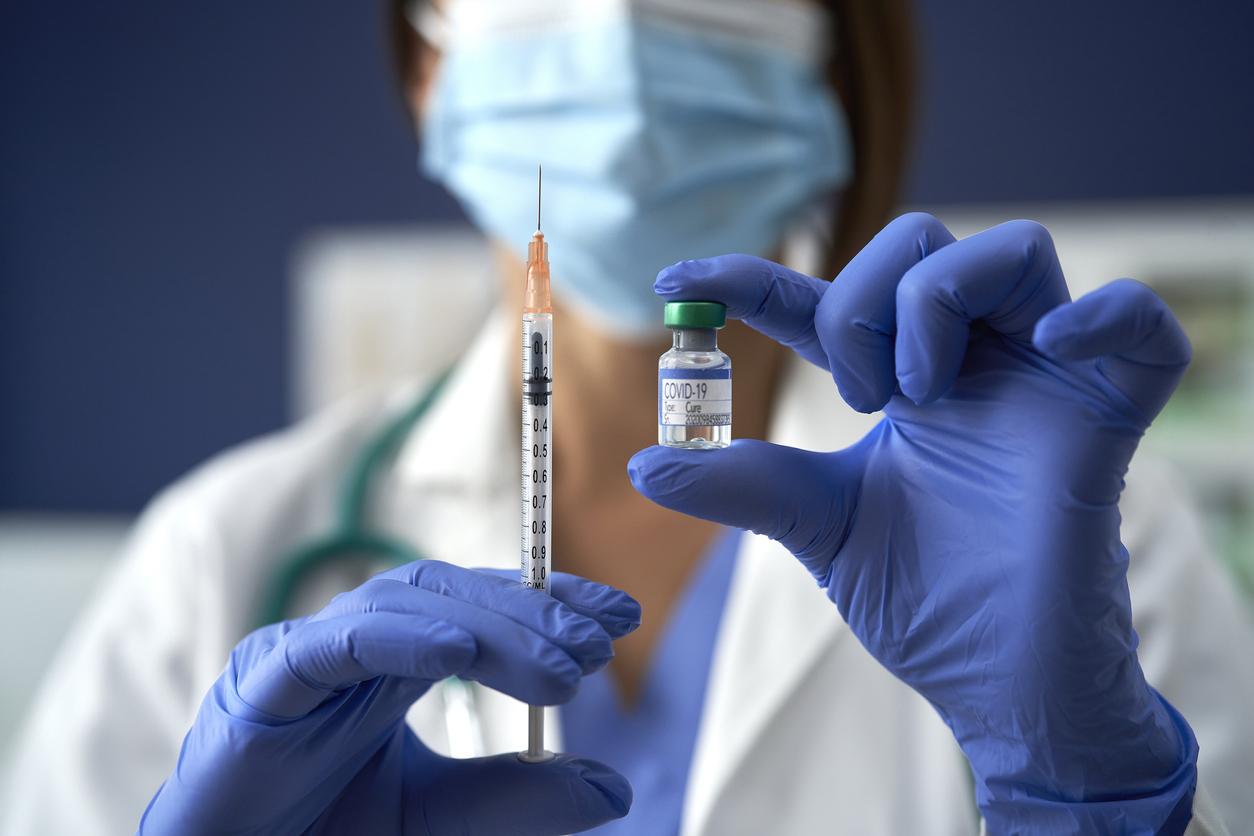The High Authority for Health (HAS) will give its recommendations on vaccination and booster doses against Covid-19 at the end of the month.

- New confirmed cases of Covid-19 fell by 15.7% in 7 days (4506 on February 1 according to Santé Publique France).
- This year, less than 50% of those under 70 received a booster dose.
- As of January 31, 60.4% of French people in total had received at least one booster dose.
The figures for Covid-19 in France have been reassuring in recent weeks: only 4,500 positive cases recorded per day at the start of February, against more than 20,000 in December, with a test positivity rate slightly above 6. % and an incidence rate of 46.5%, i.e. below the alert threshold. This is why the Directorate General of Health decided on February 1 to relax the measures linked to the epidemic by returning in particular to the systematic isolation for people who tested positive for Covid-19. Does this sign the end of the danger?
Vaccination every year for the most vulnerable populations
Not really, at least not for everyone, according to Stéphane Paul, interviewed by The Parisian. While the High Authority for Health (HAS) is working on recommendations for certain classes of the population which should be announced at the end of the month, the immunologist at the CHU de Saint-Étienne thinks “that we will go on an annual vaccination for populations at risk”with a booster dose each year, like the flu vaccination.
Those over 60 would be affected, as well as young adults with comorbidities. According to the head of the infectious diseases department at the Henri-Mondor hospital in Créteil, studies are underway to achieve “a happy medium” For “do not vaccinate every three or six months”. Indeed, this could lead to “vaccine fatigue” with injections that are used for too little time, he continues.
Covid-19: the more different vaccines, the better
The recommendations issued in the United Kingdom could in particular serve as inspiration for the French health authorities. There, an annual dose is advised, or two for immunocompromised people. For the vaccine to be used, there is an embarrassment of choice today, with Pfizer-BioNTech, Moderna, Novavax or even the French Sanofi, a new vaccine which uses the (recombinant) protein Spike of the virus as an antigen to facilitate its identification by the body. Currently, since this fall, only its “bivalent” sera (which target 50% the original, and 50% the Omicron variant) with messenger RNA are authorized.
Having a choice is a good thing for Stéphane Paul, because it would make it possible to use “different vaccines” over the years. Because if we always use the same vaccine, the immune system would be “less stimulated injection after injection” according to some studies. Another possibility would be to combine flu and Covid-19 vaccines. The Parisian recalls that several laboratories, including Pfizer-BioNTech and Moderna, have already started testing. A solution advocated by doctors and immunologists to encourage more French people to take their booster dose.
















